Nevada gaming regulators voted to fine Caesars Palace $7.8 million on Thursday over failing to comply with anti-money laundering rules, settling a case that centered on an illegal bookmaker with ties to the former interpreter for the baseball star Shohei Ohtani. The Nevada Gaming Control Board alleged that Caesars Palace failed to verify bookmaker Mathew Bowyer's source of funds as he gambled millions of dollars between 2017 and 2024, despite suspicions being raised on several occasions and an anonymous tip that Bowyer was a bookie.
According to Tom Reeg, the CEO of Caesars Entertainment, the company's systems for catching such behavior had failed. "There is no customer that's worth illegitimate profits," Reeg said at Thursday's hearing. "We didn't catch Bowyer and we should have." Bowyer pleaded guilty to federal charges in 2024, which included running an illegal gambling business and money laundering. Prosecutors said Bowyer took bets from hundreds of people, including those with ties to organized crime.
Caesars Palace is the third casino to be fined at least partly in relation to Bowyer's activity. A $10.5 million stipulated fine handed to the Resorts World casino earlier this year was the second-largest ever from the gaming board. The case highlights the ongoing challenges faced by casinos in preventing money laundering and ensuring compliance with anti-money laundering regulations.
The Nevada Gaming Control Board's decision to fine Caesars Palace is a significant development in the ongoing efforts to regulate the gaming industry and prevent money laundering. The board's actions demonstrate a commitment to enforcing anti-money laundering rules and protecting the integrity of the gaming industry.
In recent years, the gaming industry has faced increased scrutiny over its ability to prevent money laundering and ensure compliance with anti-money laundering regulations. The case against Caesars Palace and Bowyer is a reminder of the importance of robust anti-money laundering systems and the need for casinos to prioritize compliance.
The fine imposed on Caesars Palace is a significant one, and it is likely to have implications for the company's operations and future compliance efforts. The case will also be closely watched by other casinos and gaming operators, who will be looking for guidance on how to prevent similar issues in the future.
As the gaming industry continues to evolve and grow, the need for robust anti-money laundering systems and compliance measures will only become more pressing. The case against Caesars Palace and Bowyer serves as a reminder of the importance of prioritizing compliance and protecting the integrity of the gaming industry.




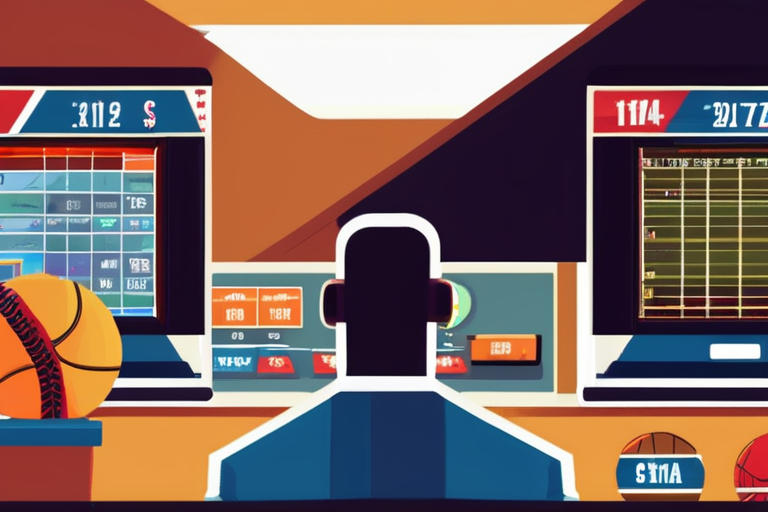

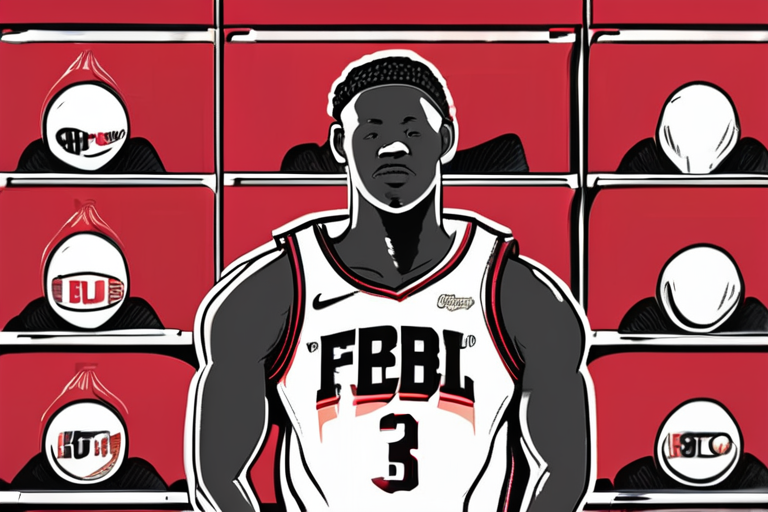






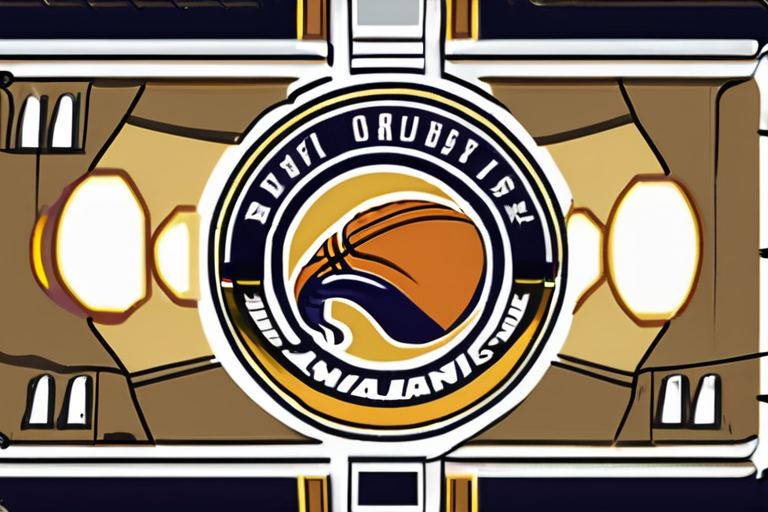






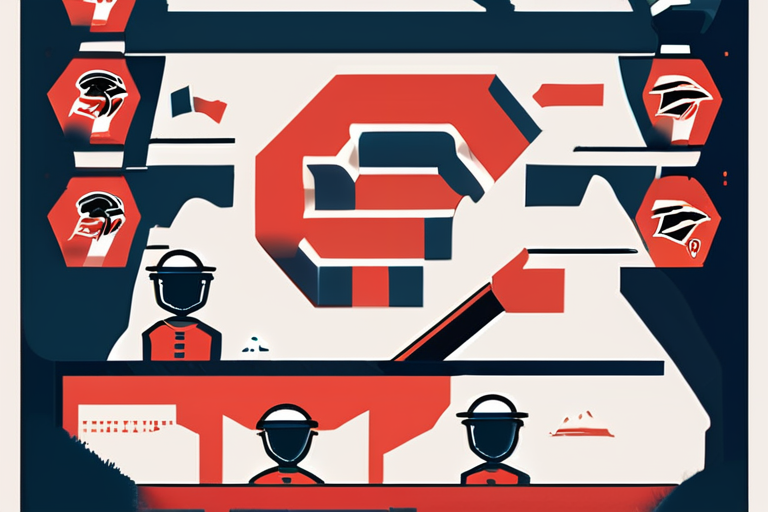

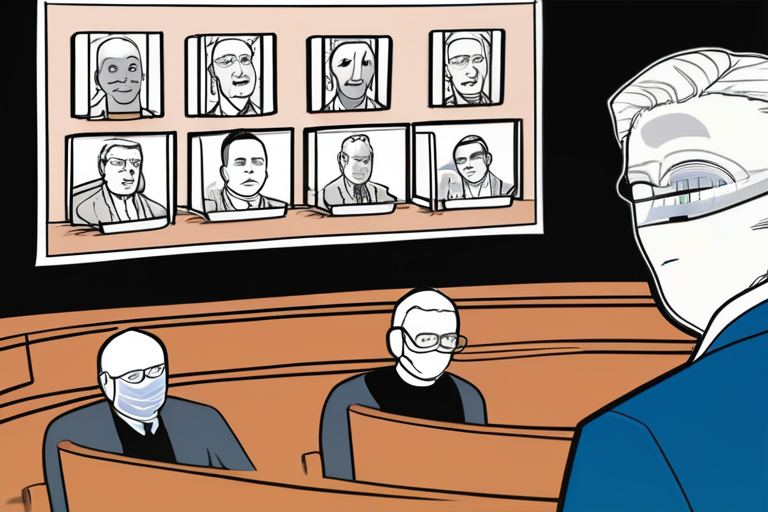



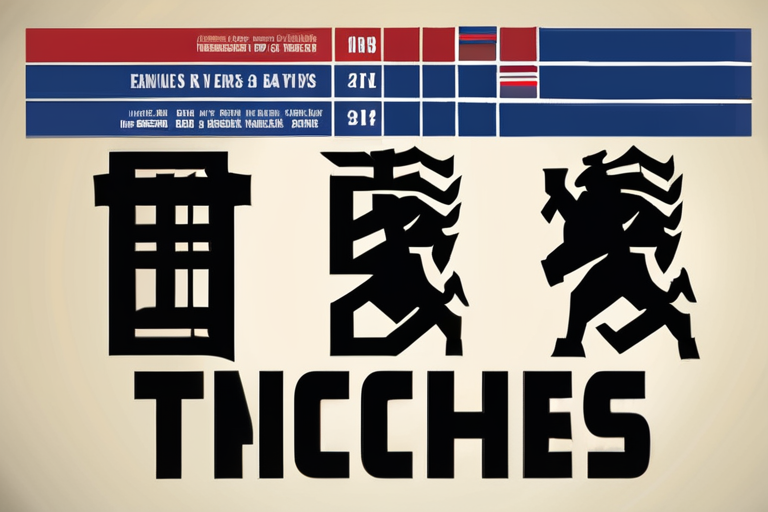
Share & Engage Share
Share this article